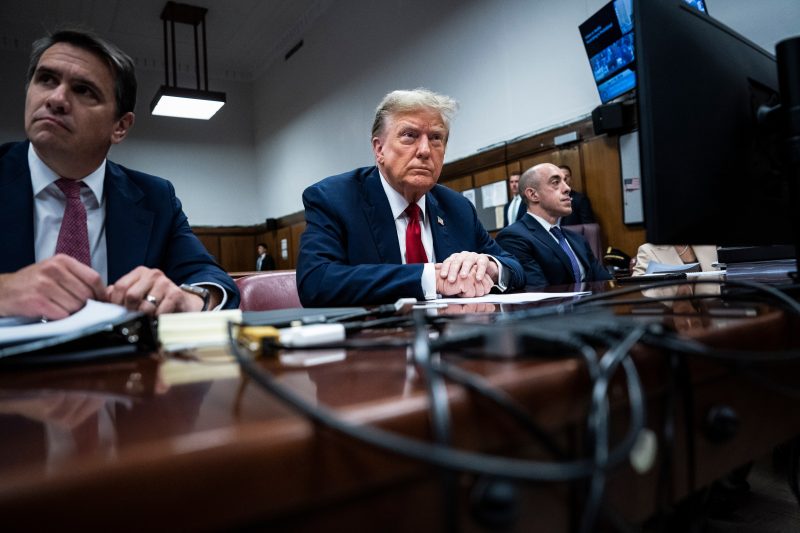In the era of social media dominance, political figures have harnessed these platforms as powerful tools to engage with constituents, shape public opinion, and even launch legal actions. Donald Trump, one of the most prolific social media users among politicians, demonstrated a unique utilization of this digital space as a legal cudgel during his presidency.
Trump’s approach to leveraging social media as a legal tool was multifaceted and strategic. One key aspect was his use of Twitter as a direct communication channel to address legal matters. The former president frequently bypassed traditional channels of communication, such as press conferences or official statements, in favor of quick, unfiltered tweets. This unorthodox practice allowed Trump to shape the narrative around legal issues, communicate with his supporters directly, and even intimidate opponents or critics through public platforms.
Moreover, Trump’s social media strategy extended beyond mere communication to actively targeting individuals or entities with legal threats and actions. His Twitter account was often used to warn adversaries of potential lawsuits, demand retractions or apologies, or even announce legal initiatives against specific parties. By publicly calling out adversaries on social media, Trump effectively weaponized the platform as a means to exert pressure, seek settlements, or force desired outcomes in legal disputes.
Another important facet of Trump’s social media legal strategy was its impact on traditional legal proceedings and public perception. By taking legal matters to social media, Trump bypassed conventional legal processes to a certain extent and engaged in a form of trial by public opinion. His tweets could influence public sentiment, generate media attention, and potentially sway judges or juries in ongoing legal cases. This unconventional approach blurred the lines between legal action and public relations, creating a unique dynamic in how legal battles were fought and perceived by the public.
Furthermore, Trump’s social media legal cudgel was not without controversy and criticism. Some legal experts raised concerns about the ethical implications of using social media to litigate legal disputes, particularly in terms of fairness, due process, and potential intimidation of opponents. Critics also pointed out the potential risks of undermining the credibility of legal proceedings and the rule of law by turning legal battles into public spectacles on social media platforms.
In conclusion, Donald Trump’s deployment of social media as a legal cudgel represents a fascinating intersection of politics, communication, and law in the digital age. By leveraging the immediacy, reach, and amplification power of social media, Trump reshaped the landscape of legal battles, public discourse, and political strategies during his presidency. Whether this approach sets a precedent for future political figures or remains a unique chapter in social media history remains to be seen, but its impact on how legal disputes are waged and perceived is undeniable.


























